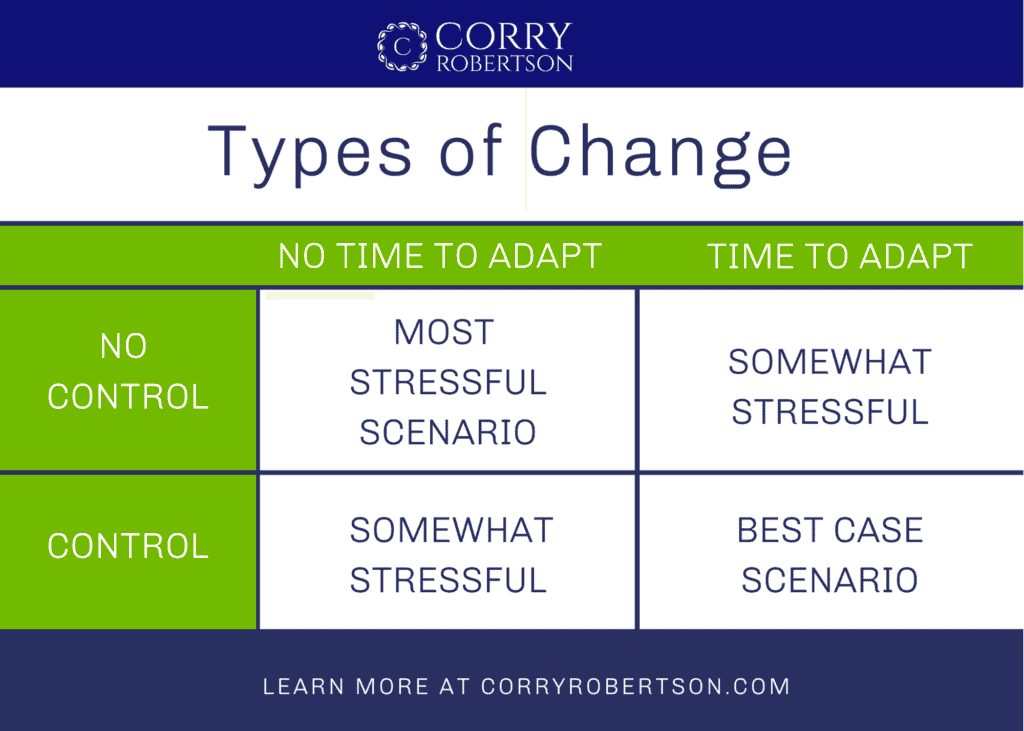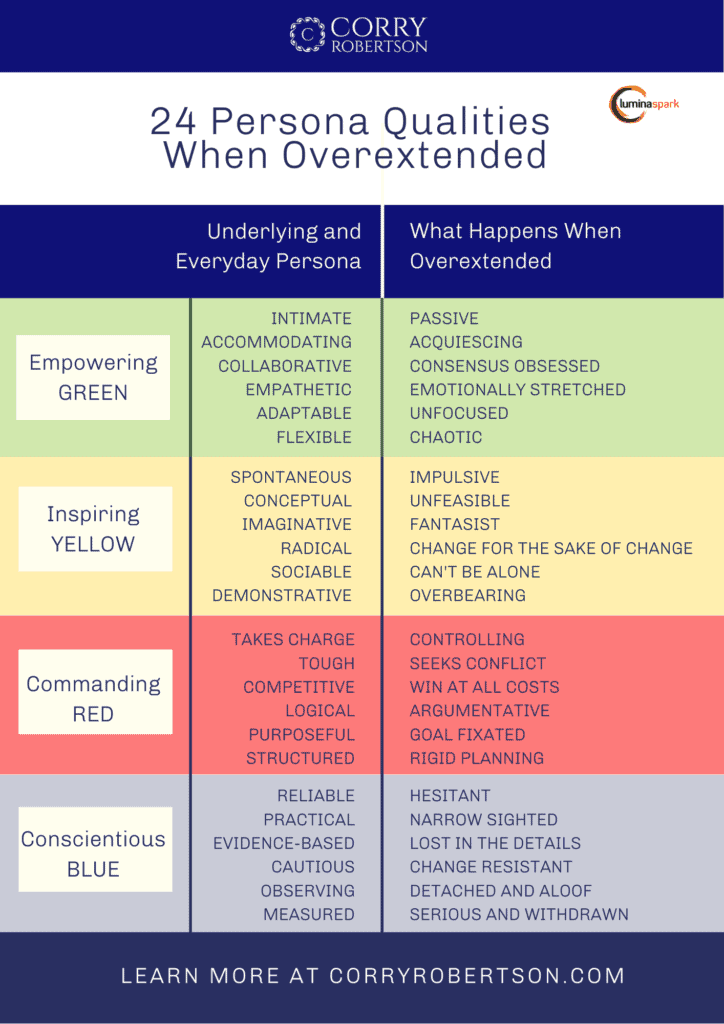Is your team overextended? Here’s how to recognize the signs.
(5 min read – April 6th, 2020)
[ This article is part of a series – Managing A Tech Team: How To Succeed When Everyone Is Overextended]
When I was a kid, I used to love going into the forest and turning over rocks and logs to see if I could find ant colonies.
The second I exposed them, all the ants would scurry for safety once their protective cover was ripped away by an unknown force… aka: little me turning over a rock, like a giant ripping the roof off your house.
It looked like chaos as hundreds of worker ants mobilized to deploy their energy towards collecting the eggs and bringing them to safety below ground. It would only take a matter of seconds for hundreds if not thousands of ants and their eggs to disappear to safety.
As disruptive as it must have been, the ants were not destroyed as a civilization. They got smart, moved on, and found a new normal.
When there’s no time and no choice
I find myself reflecting on how humankind is a part of nature, just like the ants. COVID 19 has sent us ducking for cover, going inside, doing what we need to do to stay safe, to protect who and what we care about.
Like the ants, our lives go on and we keep working. Like the ants, we will probably never return to where we were before COVID 19 – change has come, just like the rock turning over.
And within that change, the run for cover has given us no time and no choice.
In the change management module that I teach at the Coaching Academy for Leaders, I share a model to predict how stressful it will be for people to adapt to change:
COVID 19 sent us scurrying in the most stressful way: We had no time to prepare and we have no choice.
Managing a sudden stressful transition
Last week I wrote to you about human needs, resilience and psychological safety.
Today, many have found a new beat and have settled into a semblance of new normal, albeit, not as easy for some as for others. Have you noticed this on your team?
I’m sure you’re asking yourself right now, how can I help my team members to transition more easily? Well, the answer might surprise you…
Leader, know thyself
How self-aware are you? In the context of leadership, self awareness leads to being genuine, honest and transparent about your values and beliefs. You become true to your personality, spirit, and character.
Self-awareness has been studied for millennia or longer because of the personal power and social benefits that come from it.
For example, Socrates (469-399 B.C.) wrote that self-knowledge was so valuable that other pursuits are “laughable” unless one has it.
More recently and famously Shakespeare’s Hamlet declared “to thine own self to be true”.
Successful leaders are positive people with high self-awareness who are confident enough in themselves to promote openness.
When we focus our attention on ourselves, we see our behaviour in light of our standards and values. This means that when we see a discrepancy between our behaviour and our standards, we can change our behaviour towards realignment.
In effect, self-awareness leads to self-control. The problem is – people tend to think they are more self-aware than they actually are.
When we know better, we do better.
One way to become self-aware and align our behaviour with our standards is to take a psychometric assessment, such as Lumina Spark. Lumina Spark is a next-generation psychometric tool based on years of global research and used by leading companies around the world such as Adidas and Pfizer.
According to Lumina Spark, there are 24 human qualities and all of us possess these qualities.
What makes us unique is that we use these qualities to different degrees in different circumstances.
For example, there are 3 fundamental layers or personas to our behaviour.
- Underlying
- You at your most natural self.
- What drives you or motivates you.
- The self that you don’t show to everyone.
- Everyday
- How you consciously behave or adjust your behaviour to the circumstance or the environment.
- How others might see you because of what you are choosing to show.
- Overextended
- How you are when stressed out for any reason (exhausted, overwhelmed, sick, grieving etc).
- How you react to unexpected events.
Our underlying, everyday and overextended selves behave differently, in different situations.
The world is in overextension
The world is in overextension right now. That means that we are all coping with a great deal of stress which is to be expected but is also difficult, unpleasant and exhausting.
Think about it: when the pressure is on we do our very best to get everyone to safety. This means doing more of what works, right? This means that we turbocharge our strengths and qualities to the best of our abilities right?
Yes, but here is what happens. When we are overextended, we overuse our strengths.
Overused strengths come across as faults or weaknesses.
What does overextension mean for you and your team? Lumina Learning lists the 24 human qualities and what they look like in overextension here.
Do you recognize yourself and your team members in the qualities above? How does this help with your self-awareness?
For example, if you’re great at providing structure for your team but now you find yourself making rigid plans, you have to tune in with yourself and realize that you are overextended.
Leaders should also be able to use the knowledge of human qualities to ‘speed read’ their team members to best assess what is going on for them.
For example, if you have a team member who is usually very reliable, but is now hesitating, you know that he is overextended.
Or, if a person who is usually admired for being tough now seems downright argumentative, you know she is overextended.
Another indicator may be: people are complaining about an executive who has become controlling and micromanaging – but when you talk with them, they tell you they are merely taking charge because that is their job. Again – likely overextended.
Now that you’re aware that people’s qualities can appear as faults when overextended, you have a new strategy for how to be self-aware and manage change in a stressful transition – and how to help your team members do the same.
My colleague Janice Parviainen, Global Partner for Lumina Learning, explains a unique strategy that we teach our clients. It is called The Journey To Composure explained in this video. Here, Janice talks about how to notice the signs of overextension before you fall into its grip and how to regain your composure.
When you know better you do better
You are not an ant.
Many organizations use psychometric tools to give leaders the edge that comes from self-awareness. This self-awareness opens the door to helping your team members navigate the most stressful kind of change – when there is no choice and no time.
Now more than ever, leaders need a strategy to keep themselves and their team members from overextending so far that they burn out.
Burnout can cause a weak immune system which leads to illness.
The good news is, psychometric assessments can be taken virtually. They can be completed online and the one-on-one debriefs can be done over the phone.
For a more rich and dynamic experience, all team members can complete the assessment and a group debrief can take place on a meeting platform like Zoom.
Take the journey to self-awareness rather than going scurrying underground like a worker ant, and help your team members to manage their overextension.
I’d love to know if you’ve ever taken a psychometric assessment? Let me know in the comments!
Want to talk about a Lumina Spark assessment for you or your team? Get in touch! www.talkwithcorry.com
SERIES – Managing A Tech Team – How To Succeed When Everyone Is Overextended
Is Your Team Overextended – How To Recognize The Signs
Managing A Tech Team – Your “Down To Earth” Team Member
Managing A Tech Team – Your “People Focused” Team Member
Managing A Tech Team – Your “Outcome Focused” Team Member







0 Comments